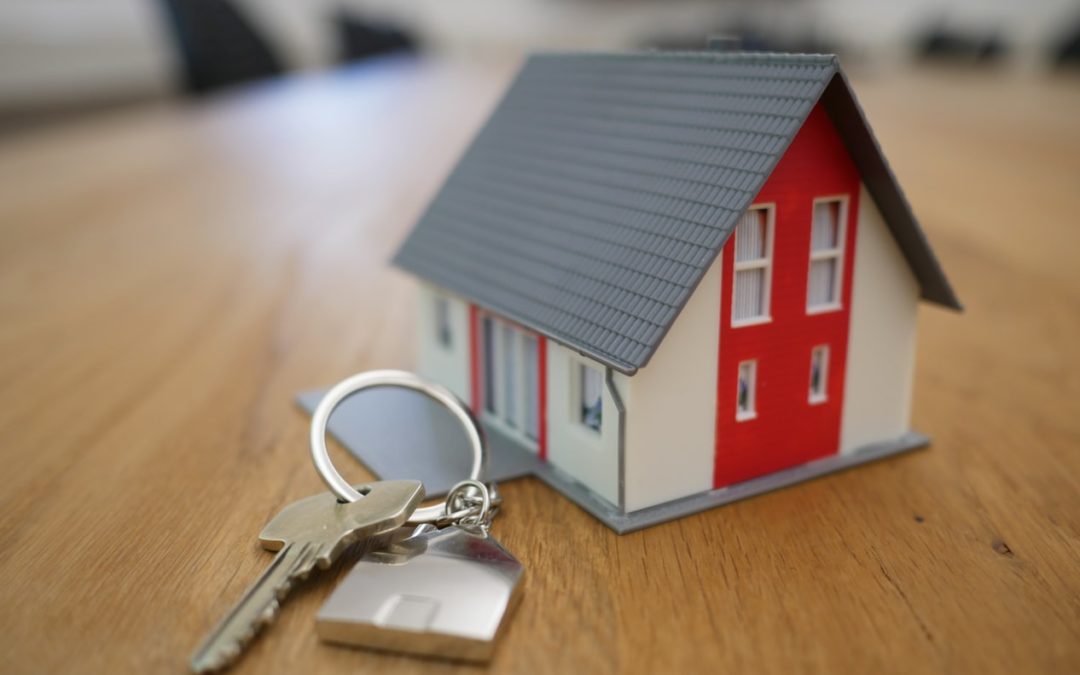Being a responsible homeowner means you understand the financial opportunities that are available when you own a home. One of the lesser-known loan options accessible to homeowners is the reverse mortgage. In the spirit of educating our clients on different aspects of homeownership, our team has outlined a thorough description and a list of pros and cons that explain what a homeowner can expect from a reverse mortgage. Because you must be over the age of 55 to secure a reverse mortgage, the majority of content on reverse mortgages is aimed towards senior citizens.
However, it is useful for homeowners of all ages to have a working knowledge of mortgage topics. This includes reverse mortgages and similar debt instruments to make future-planning strategic decisions before turning 55 years old. Here, we talk a bit more about the pros and cons of a reverse mortgage.
What is a reverse mortgage?
Simply put, a reverse mortgage is a loan secured against the equity built up in your home. This loan agreement allows a homeowner to relinquish up to 55 per cent of the equity in their home in exchange for regular tax-free cash payments. In many cases these cash payments are used to supplement a retiree’s income. However, the money received may be used for anything the homeowner desires: renovations, vacations, bill payments, etc. What makes this debt agreement attractive is the ability for owners to access the equity in their home that has built up over the years, without having to sell their property.
The maximum cash value that can be received is dependent upon a number of things. This includes the homeowner’s age, the appraised value of the home, and the lender’s other criteria. Furthermore, reverse mortgages have the added benefit of not requiring borrowers to make regular payments on the loan until it is due. Reverse mortgages typically come due when the owner(s) move out of the house, sell the property, or die. The longer the amount of time that passes before payment is made leads to increases in the accumulated interest and may result in a reduction of the owner(s) equity.
Who is eligible for a reverse mortgage?
For those looking to take some of the equity out of their home, and who feel the reverse mortgage may be the solution for them, should first consider the criteria for securing a reverse mortgage. To be eligible for this debt instrument you must:
- Own your home
- Be at least 55 years old (if you have a spouse on the title of the home, both of you must be 55 years old.)
- The house you are applying for the reverse mortgage on must be your primary residence (meaning you live there for at least six months of the year).
These are just the preliminary criteria for a reverse mortgage. The ultimate decision of whether or not you will receive the loan and how much the loan is worth will be made by the lender you choose. The lender will assess you and your spouse, where you live, and the condition and type of home. Additionally, all outstanding loans or lines of credit that are backed by your home must be paid off to secure a reverse mortgage. This includes mortgages or home equity lines of credit. The good news is you may use the money received from your reverse mortgage to pay off these debts.
Let’s talk money
Once approved, you will have the option to receive either a one-time lump sum or part of the loan upfront and the remaining amount over time. The payment structure will be determined by your lender. So, make sure to ask beforehand about the different choices you have regarding payment. As mentioned earlier, you don’t need to make regular payments on the loan you receive from your reverse mortgage. Rather, you have the option to repay the principal and accrued interest in full at any time. Interest on the loan is added to the principal and is due upon the closing of the entire loan. Early repayment of the loan may result in additional fees. It’s important to make sure you fully understand when your lender expects repayment before entering the agreement.
Borrowers may find themselves at risk of defaulting on the loan if any of the following situations occur:
- Using the money received for any illegal action
- You are dishonest on your application
- You fail to maintain the integrity of your home, and as a result, the value decreases
- Breaking the agreed-upon conditions
Summary
Everything we have talked about so far has explained the characteristics of a reverse mortgage. We are sure that you have drawn your own conclusions to whether or not this debt agreement is right for you. However, for the sake of fulfillment (or for those who dislike reading) here is a definitive pros and cons list for reverse mortgages.
Pros
- Avoid regular loan payments
- You are able to turn the value of your home into cash, without losing ownership
- The money received is tax-free
- There are options as to how and when you receive payment
Cons
- Interest rates are higher than regular mortgages
- As the interest owed increases over the years, the equity you own in your home may decrease
- Your estate is required to repay the principal and accrued interest in full within a set period after you die
- The settlement time for your estate may be longer than the repayment period for a reverse mortgage
- The legal fees and other costs are higher than traditional mortgages
If you have any other questions about whether a reverse mortgage is the right product for you, give me a call at (705) 252-9445 or get in touch with me here!
